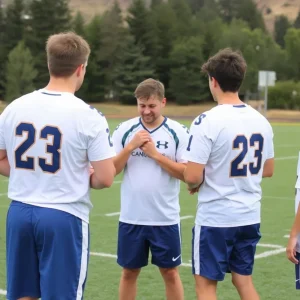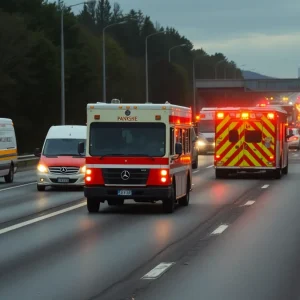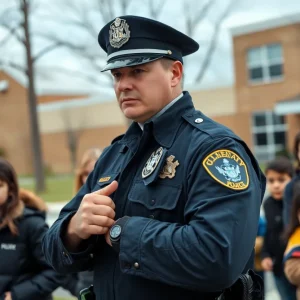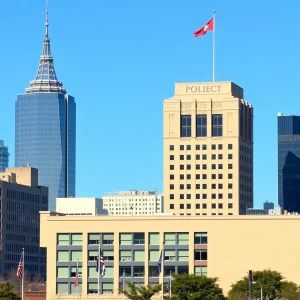COLUMBIA, S.C. — Supreme Court Ruling on School Vouchers Shakes Up Education Landscape
Just this past Wednesday, South Carolina’s Supreme Court decision sent ripples across the education system. After a contentious debate surrounding the 2023 Education Scholarship Trust Fund Act, the court ruled that aspects of the law are unconstitutional. This ruling, with a narrow 3-2 decision, has left many families feeling the impact, especially those relying on scholarship funds to transfer their kids to private schools.
Understanding the Ruling
The Supreme Court’s decision hinged on the no-aid clause of the state constitution, which prohibits public funds from being used directly for private education. The law had established a system that allocated $6,000 vouchers to families pulling their children out of public schools to attend private institutions or public schools outside their zoned districts. Unfortunately, the court determined that these funds, despite being administratively distant from their original public status, still benefited private schools directly.
In upholding this ruling, the court expressed skepticism about whether the act truly established a valid trust fund. The majority opinion emphasized the requirement of a designated trustee that the law failed to meet. According to Chief Justice Gary Hill, the structure of the program “funnels public funds to the direct benefit of private schools,” directly contradicting constitutional prohibitions.
Impact on Families and Students
For many families, this ruling is more than just legal jargon; it’s a blow to their plans for their children’s education. State Superintendent Ellen Weaver voiced her concern, stating that this decision would lead to a devastating impact on families who had already begun making arrangements for private schooling this academic year. In her statement, she mentioned that the “timing of the initial filing and subsequent ruling… wreaks havoc on the participating students and their families.”
Some parents had started using the funds allocated to them to enroll their children in private institutions, only to see those plans jeopardized midway through the school year due to this ruling. Many families feel misled and are now left uncertain about their children’s educational future.
Different Stances on School Choice
Advocates for school choice argue passionately that the scholarship program is essential for parental freedom in choosing the best educational environment for their children. They assert that parents should have the ability to select schools that meet their children’s unique needs, rather than being confined to their local public school.
On the flip side, opponents of the plan point out that such measures could drain valuable resources from public schools, ultimately harming the system that educates the vast majority of students. Critics such as the South Carolina NAACP and the South Carolina Education Association argue that this policy primarily benefits private institutions that may not cater to the needs of the most vulnerable students.
A Call for Action
Governor Henry McMaster expressed his disappointment regarding the ruling, suggesting that its consequences would be devastating for numerous low-income families relying on these scholarships to enroll their children in schools. He plans to request the court reconsider its decision, aiming for a solution that does not cut off opportunities for educational freedom.
Despite the ruling, families are still able to use the scholarship funds to transfer their children to another public school—outside their zoned district—showing there’s still—at least partially—support for education choice in place.
Looking Ahead
The aftermath of this ruling leaves many questions unanswered: How will these families adapt? What will be the next steps lawmakers and education officials take to support parents and children in navigating this system? With the complexities of education finance at play, South Carolinians will certainly be watching closely. After all, everyone’s goal is to ensure our kids have access to the best education possible.
As the situation evolves, residents remain hopeful for a resolution that meets the needs of all students, public and private alike.


























